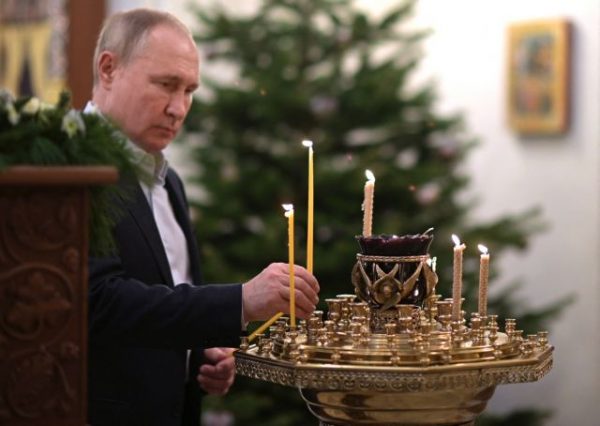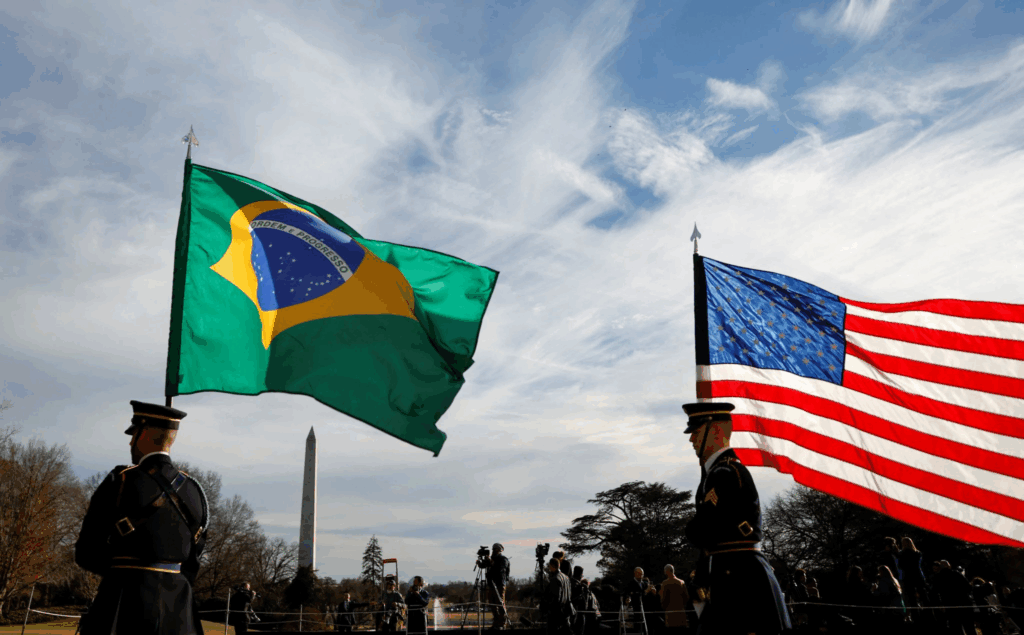Regardless of the operational part of the case, which has not yet been clarified, let’s look at the big picture. Russia not only loses the flagship of the Black Sea Fleet but suffers in a war where it had no rival in the naval sector. On land, in the air, yes there is Ukrainian resistance. But at sea absolutely nothing. Even the Orsk dock, which was hit in the port of Berdyansk in late March, was anchored, eventually the boat was rescued, sailed and avoided destruction, albeit with damage. So we have a defeat for Russia that on a regular level is outrageous.
The harsh events for the Russian army
1. Russia records its largest naval war loss since World War II.
It also records the largest naval loss (ever) in general after the war. Accidents such as the Kursk submarine had damaged its naval prestige, but now a “lobster” boat by modern standards, with technology and design yes old (80’s), but with upgrades and still sufficient – do not forget how many large navies around the 30- and 40-year-old boats are operating – it is sinking with unknown human losses.
Did the Ukrainians manage to deceive Bayraktar TB2 as it is written? So what; Is it possible for a cruiser to be so easily deceived by unmanned and even mid-tech like Bayraktar? Was the ship hit by Ukrainian Neptune, that is, anti-ship missiles also – with some improvements – designed in the ’80s? And to such an extent that it dissolves? Was there an accident, an explosion in an ammunition depot, or while using a missile that exploded prematurely? Was the crew negligent? No matter how you measure it, the loss is not justified by anything.
2. With the loss of Moskva, the “invincibility” of the Russian Army is crushed inside Russia
And this is the most spectacular and dangerous for the Putin regime. The losses in the vast fields of Ukraine, or in the street battles of Mariupol, can be “justified” as “our great army is fighting against the angry Ukrainian neo-Nazis.” Yes, this can be exploited and offered to the Russian public by the Kremlin spin doctors.
But the loss of a naval symbol, a ship that in Soviet times was called “Slav” or “Glory” and then in Russia became “Moscow”, that is, again a “glorious city”, is one of those events that can reverse popular applause.
In World War II we have encountered the following: The loss of the battleship Bismarck in 1941 shocked Nazi Germany, while the same happened in Japan with the battleship Yamato in 1945. The loss of the HMS Prince of Wales by Japanese aircraft in 1941, brought to the British public the realizing that the “empire where the sun does not set” had just lost the Far East from the Japanese attack.
3. It is the one that Russia announces for the umpteenth time that it “almost occupied” Mariupol, with some 1,000 Ukrainian marines surrendering, but still remaining hard pockets of resistance within the ruins. We are talking about a city siege that lasts more than a month, where of course the civil battles are the worst. But we are talking about a city of about 500,000 inhabitants, not a Leningrad or a Stalingrad!
We are talking about a city where most of the inhabitants have fled, which is completely surrounded by Russian troops, which had no fortifications or natural elements that make it difficult to approach it, with the siege taking place in good weather and in an area very close to the Russian settlements. forces and infrastructure in Crimea and Donbas. And yet this small town the Russian army is still struggling to capture.
The West is seriously strengthening Ukraine with heavy weapons
This week is the one that saw the largest inflows of heavy weapons from Western countries to Ukraine. The thousands of anti-tank missiles are good, the portable anti-aircraft missiles are good, but what Zelensky was “shouting” for weeks, that is, “give us tanks and artillery and aircraft” has now begun to be put into practice. This is also a focal point of the bloody war.
Ukraine gets Czech tanks and armor, but also rocket launchers, the US sends 155mm guns and armor, the British also, the transfer of “hot” MiG fighters from Polish stocks is probably approaching. It is in the 50 days of war that have been completed this week that we see the “break” of the break-even point on the part of the West, which is now entering even more seriously into the game of strengthening Ukraine. Something that may judge the outcome of the battle.

Finland and Sweden are moving towards NATO membership
For the first time, there is (almost) public assurance that Finland and Sweden are moving towards NATO membership. In other words, what Russia feared would become its strategically vulnerable “center” with Ukraine, now seems to be being implemented by its also vulnerable “north”. And without being able to react, except stating that “if you do that we will rearrange our nuclear weapons to the Baltic.” To be answered by the surrounding countries that “anyway you had nuclear weapons in our region, so what did we have what did we lose”.
All in all, these last few days are the most catastrophic period Russia has experienced in its invasion. Politically, regularly, operationally, geopolitically, he saw dugouts, embankments, defeats, setbacks, new threats everywhere. So is Russia losing? No. And here is the big problem. In a war that from the beginning had mainly an “internal” background, that is, as a response to an “enemy” that the Kremlin itself had magnified and described as a threatening Gulliver, as an inability to accept that the famous (and we do not say ironically) Russian diplomacy can not find a solution so the reason is the “Don armies”, the 2nd week of April becomes a hard contact with reality.
Did Russia have any objections to Ukraine? Yes and important if we want to be fair. Was he afraid of NATO expansion? Yes, despite occasional assurances from the West. But the choice of war also showed Russian introversion, the deconstruction of the Soviet tradition of supremacy, which if nothing else was much cooler and with a long-term tactical analysis.

The Putin regime is “wounded” and cramped
With all that has been done so far in the Ukraine war, can April 2022 be such a turning point, a sharp immersion in the Russian psyche and its national narrative, cultivated passionately by the Putin administration?
A sinking like the Moskva cruiser, sudden, explosive, impossible until yesterday, but strong in a short time, overwhelming, leading to the end of an era for the current regime, the end of the war, withdrawal and defeat.
Or quite the opposite, to produce exactly the harshness of the days, that historical, even harsher Russian response. Like that majestic counterattack in the winter of 1941, outside Moscow where he overthrew the Nazis and showed that World War II would end in a German defeat, sooner or later. That is, a reaction (either military or peaceful) that will be triggered “from below”. And not like today to a business of choice “from above”, by an oligarchy with a loss of contact with reality.







